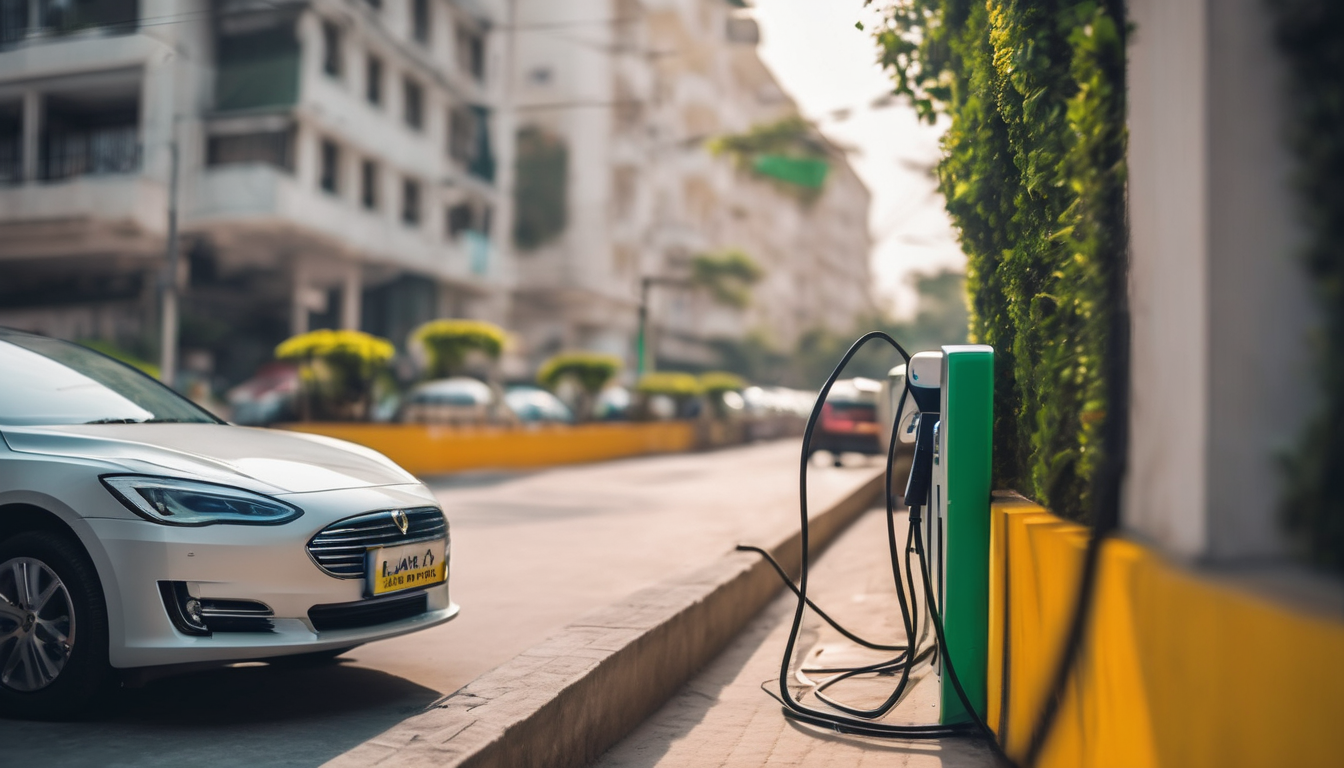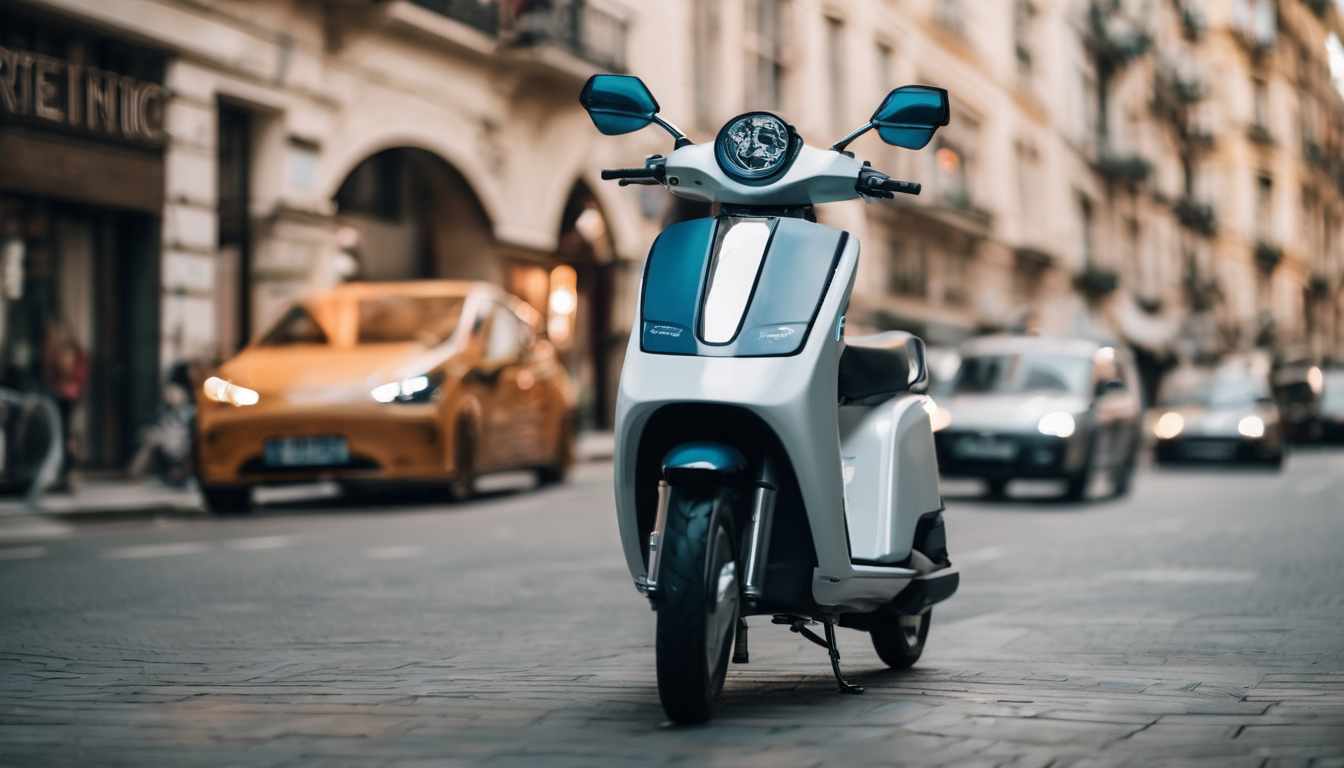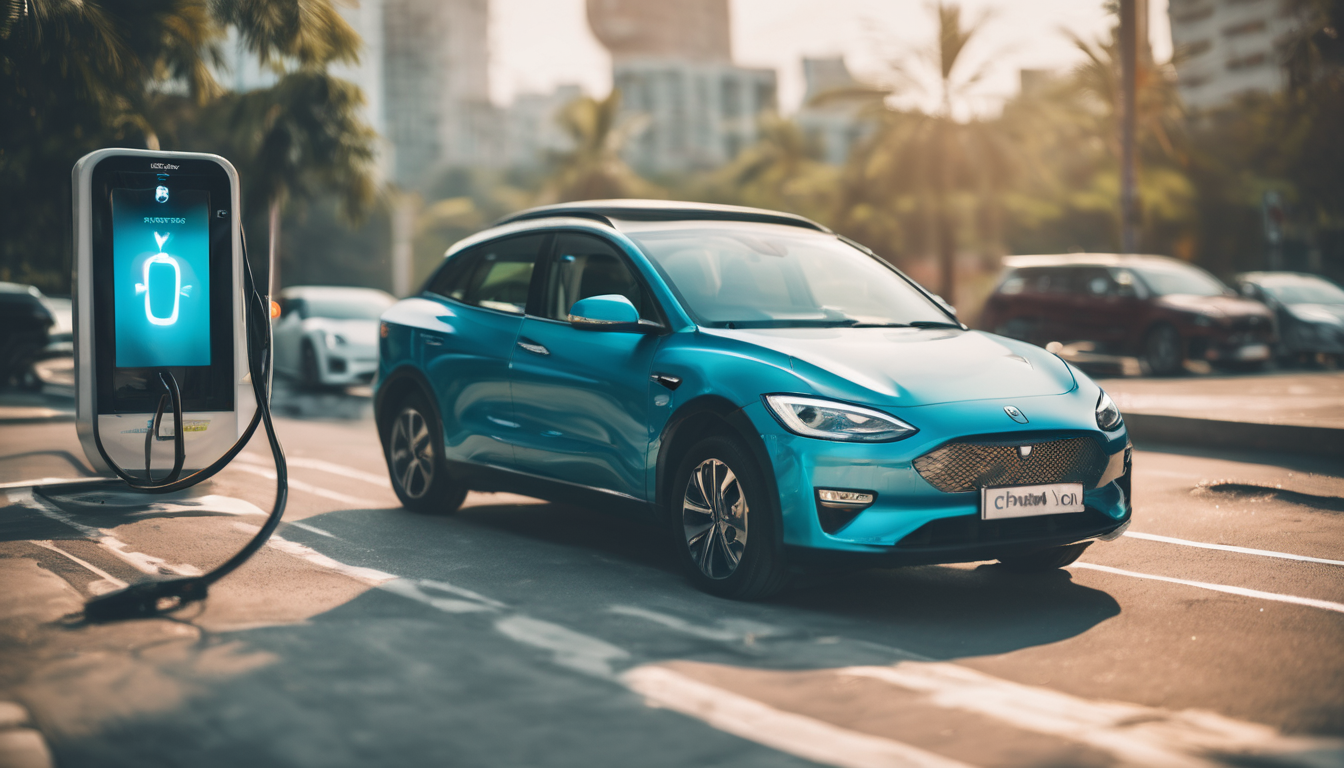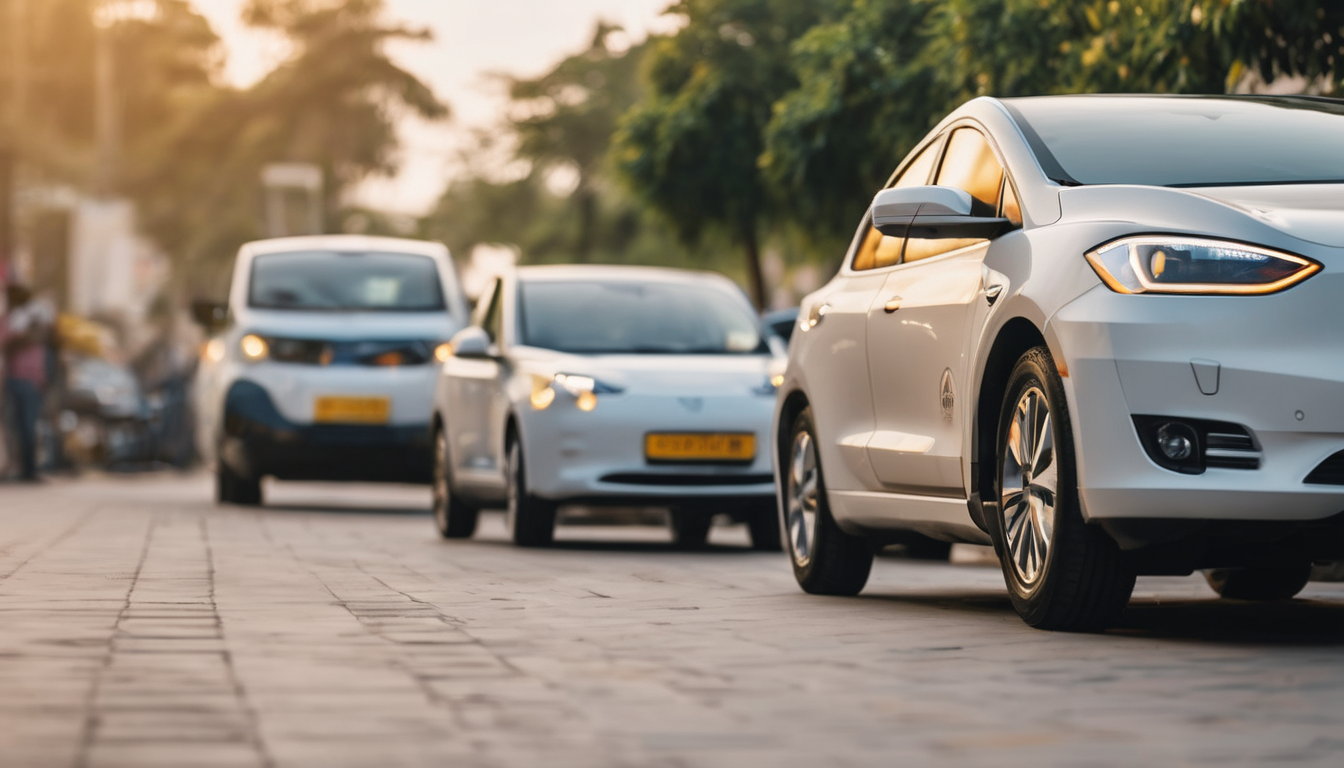Carpooling: From Ridesharing to Smart Commuting
Carpooling has come a long way from its manual beginnings. Over the past two decades, technological advancements have transformed the world of shared mobility. This article delves into the evolution of carpooling and how it’s reshaping the way people commute.
The Tech Revolution: GPS, Smartphones, and Ride-Sharing Apps
The new millennium ushered in a technological revolution that would change the carpooling game forever. GPS systems and smartphones became commonplace, equipping people with the tools to efficiently arrange their own ride-sharing plans. Companies like Uber and Lyft, along with traditional taxi services, joined the tech bandwagon, leading to an explosion in ride-sharing services.
From Software to On-Demand Public Transport
Tech entrepreneurs seized the opportunity and developed various software solutions for carpooling and ride-sharing. Today, the market offers a wide range of options, from ride-sharing apps for private car use to carpool management platforms for enterprises.

More Than Just Carpools
Carpooling has evolved beyond its manual origins. Now, it encompasses instant trip matching, smart parking with guaranteed spaces, and real-time data supporting environmental impact reduction. Shared mobility’s exciting evolution is contributing to strategic planning for the future, helping address congestion and curb emissions.
The Common Carpooling Models
Carpooling services operate under various models. Here, we explore the open-network and private-network models, each with its own set of advantages and concerns.
The Open-Network Model
In an open-network model, every user in the system has the potential to get matched with any other user for rides. However, this model can raise security concerns for organizations and institutions looking to provide safe carpooling services to their employees or students.
Private Networks: Coordination and Efficiency
Private networks bring together users who typically commute to and from the same location, such as a workplace or school. This model offers greater efficiency, as users share common destinations, reducing detours and unnecessary stops.

Fixed vs. Dynamic Ride-Matching
While traditional carpooling often relies on pre-defined groups, routes, or zip codes, dynamic ride-matching adapts to real-time demands and smartly arranges the most optimal routes.
Cost-Sharing and Incentives
Cost-sharing has been a common model for many carpooling platforms, but it may hinder user uptake. This article explores how a no-cost model for users, with rewards funded by a portion of the client’s subscription fee, can incentivize and engage carpoolers.
The Benefits of Carpooling
Carpooling has several advantages, spanning environmental, economic, and mental health benefits. This section highlights how carpooling contributes to a greener future, eases road congestion, and supports mental well-being.
A Greener Commute
Carpooling plays a vital role in reducing individual carbon footprints and minimizing environmental impacts. By allowing multiple individuals to share a single vehicle for their daily commute, carpooling effectively curtails the emissions produced by numerous cars on the road. This simple act of sharing rides translates into a significant decrease in the release of harmful pollutants into the atmosphere, contributing to cleaner air and a healthier environment. Additionally, it aids in the conservation of natural resources by reducing fuel consumption and lessening the strain on our finite fossil fuel reserves
Easing Congestion
In many developing countries, a large percentage of the population drives to work alone. This leads to congestion issues and high infrastructure costs. The article discusses statistics from countries like Australia, the United Kingdom, the United States, and Canada to underscore the importance of addressing this issue.
The Economic Impact
Congestion results in avoidable costs for businesses and society. The article takes a closer look at the financial implications of congestion on both a local and global scale.
Carpooling as a Solution
The article wraps up by emphasizing the role of carpooling programs in workplaces, universities, and communities in addressing current commuting challenges. As cities grow and infrastructure issues become more pressing, carpooling remains an essential part of reforming the way society commutes.
For more information check out automobile news






